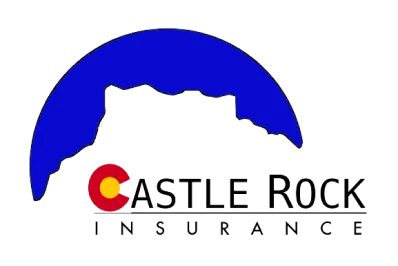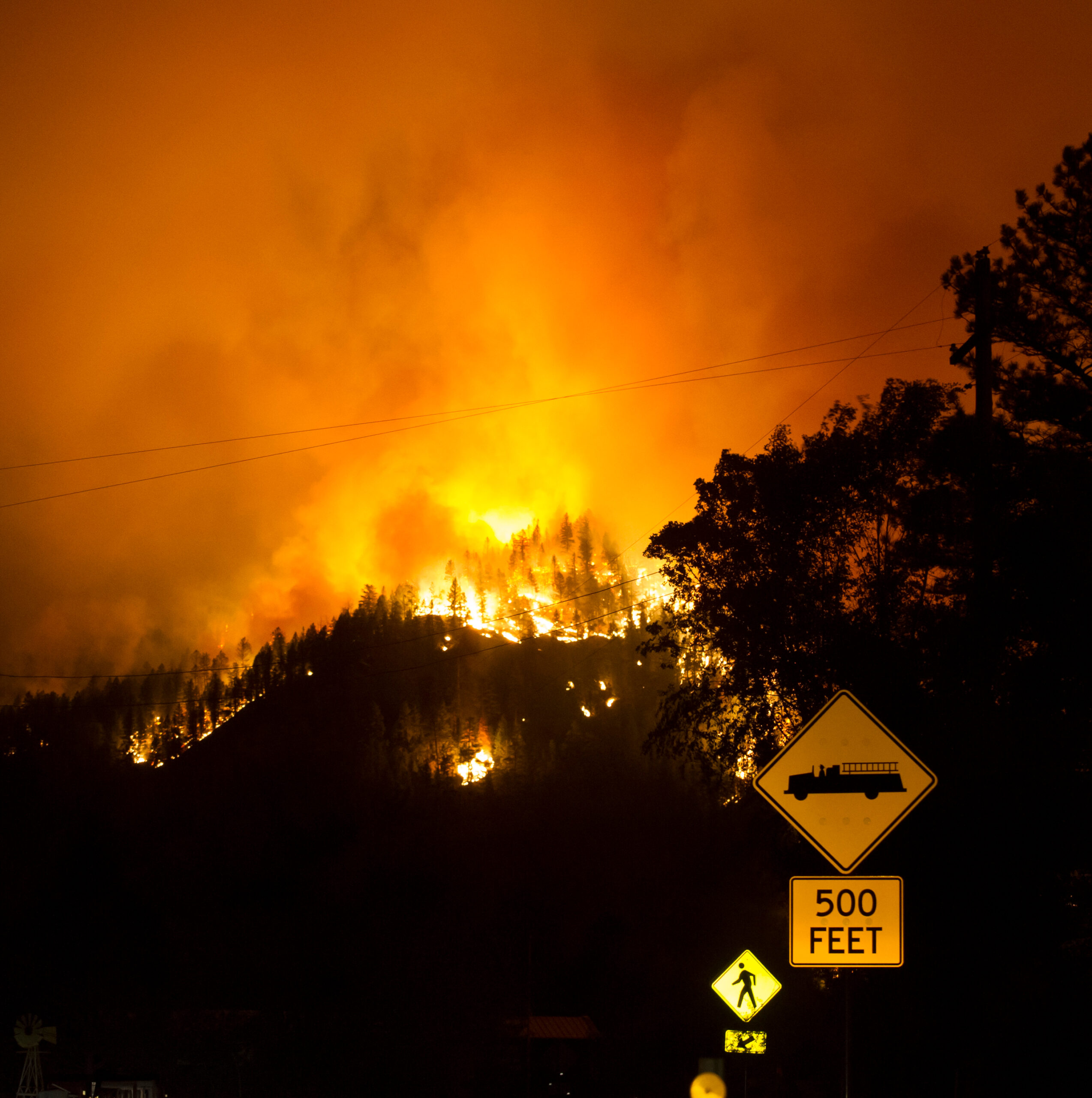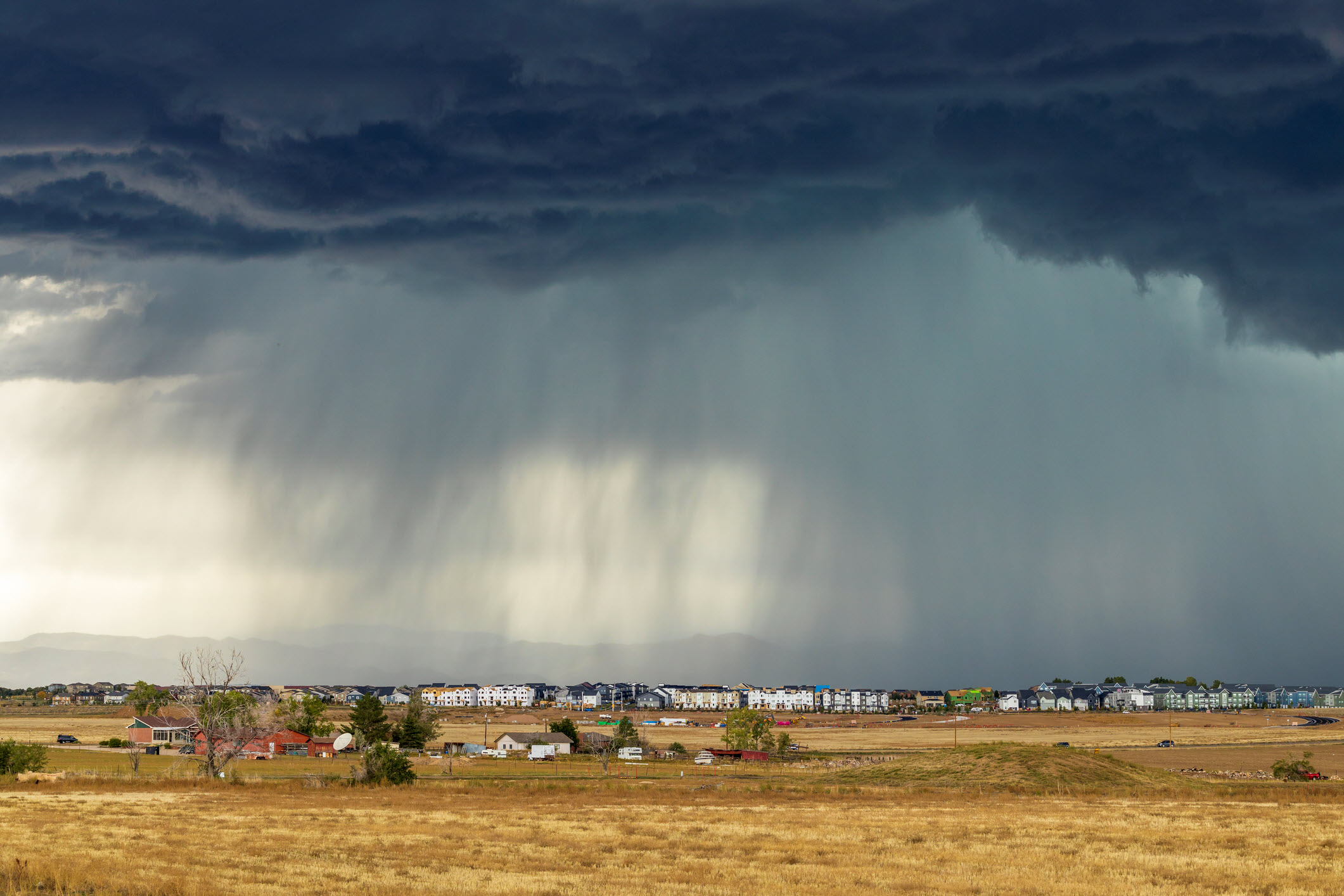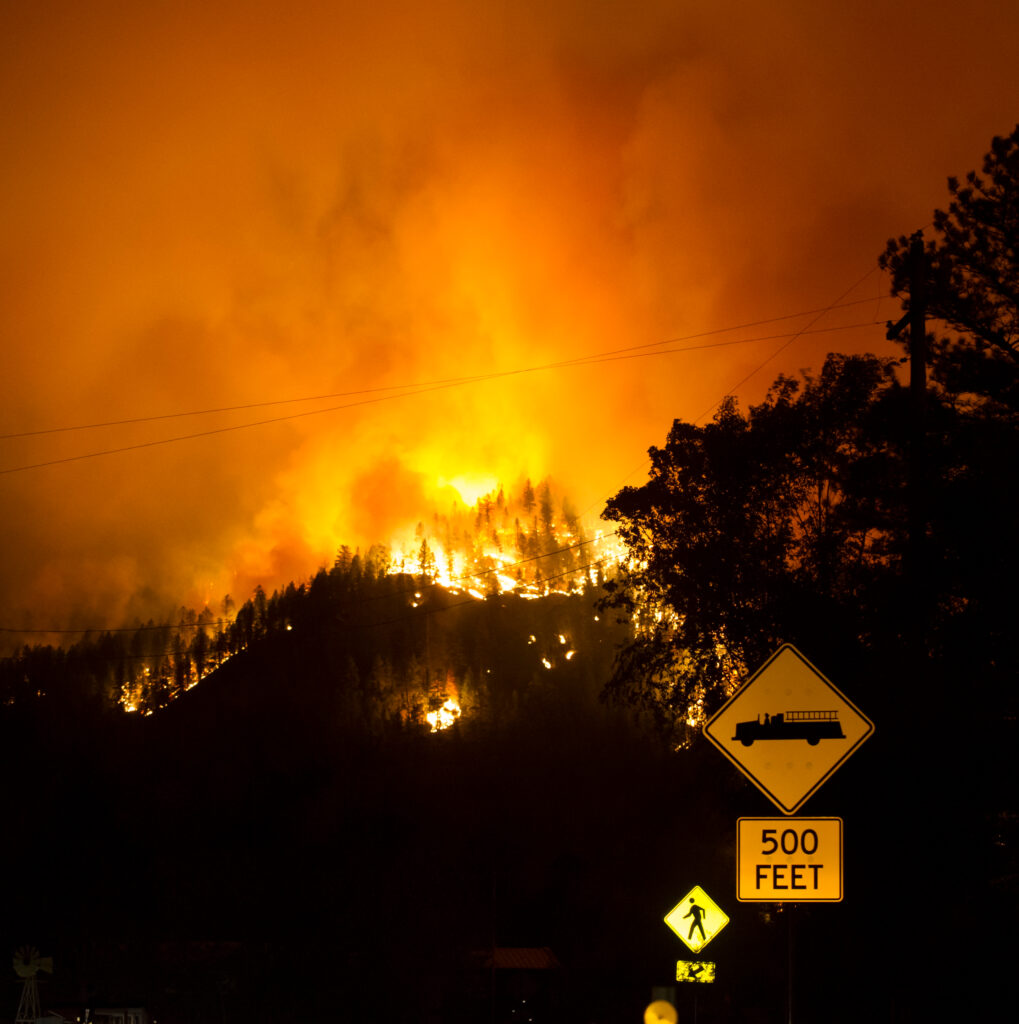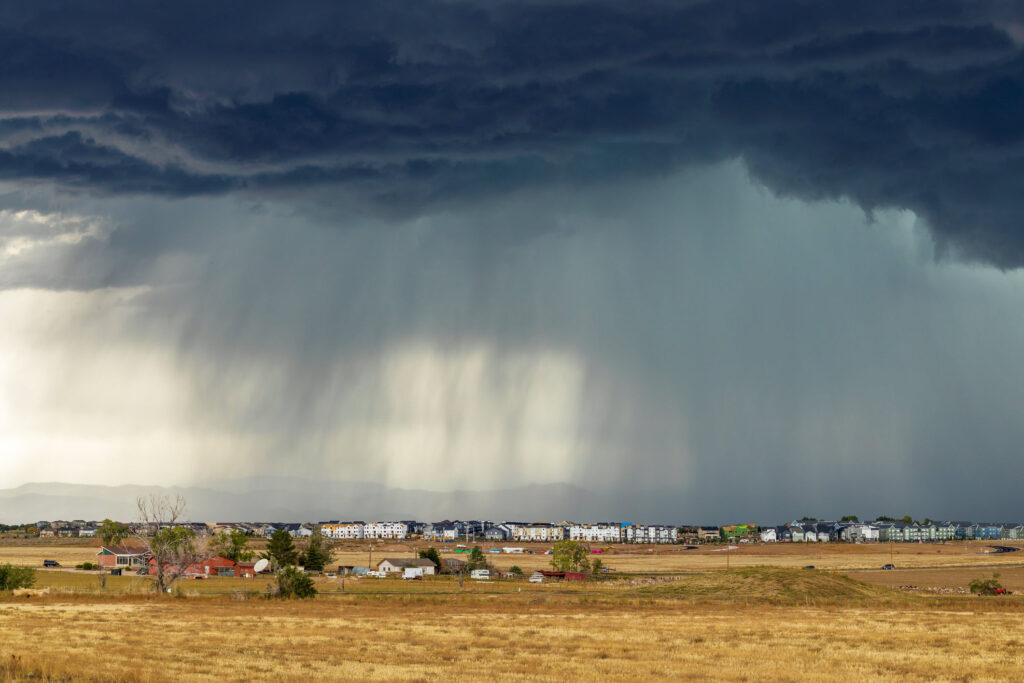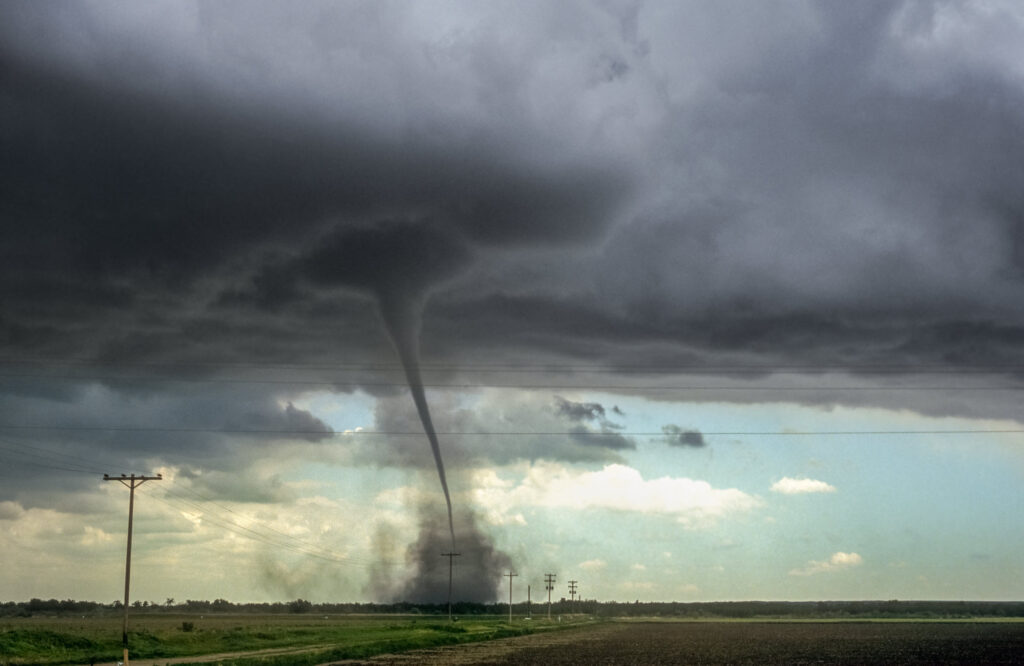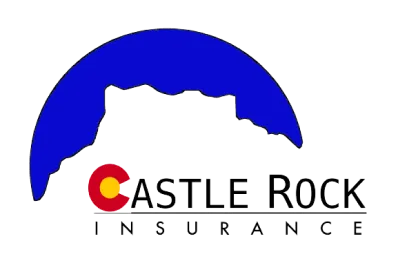Hot tub and spa installation contractors in Colorado specialize in setting up and ensuring the optimal functioning of hot tubs and spas across residential and commercial properties. Their work entails several critical tasks, including site evaluation, electrical and plumbing connections, and the assembly and testing of the hot tub or spa units. These professionals also provide maintenance and repair services, ensuring the long-term functionality and safety of the installed units. Given the complexity and technicality of the work, having seasoned hot tub and spa installation contractors can significantly enhance user experience and satisfaction.
Having insurance for hot tub and spa installation contractors is crucial due to the nature of their work, which involves various risks. Unforeseen incidents can occur during installation, such as property damage or personal injuries. Without insurance, contractors may face significant financial liabilities that can jeopardize their business. Insurance acts as a protective buffer, covering costs related to accidents, damages, or other liabilities. Clients are more likely to trust contractors who are insured, knowing that potential risks and uncertainties are managed proficiently.
Hot tub and spa installation contractors in Colorado should look into several types of insurance to fully cover their scope of work. General liability insurance is essential as it covers third-party property damage and bodily injury claims. Professional liability insurance, or errors and omissions insurance, protects against claims of negligence or mistakes in the service provided. Workers’ compensation insurance is another critical coverage, ensuring that any employee injuries on the job are managed without additional burdens on the business. By securing these insurance policies, hot tub and spa installation contractors can operate with greater confidence and professionalism.
How Much Does Insurance Cost for Hot Tub & Spa Installation Contractors in Colorado?
When considering insurance options for hot tub and spa installation contractors in Colorado, it is important to understand that costs can vary based on multiple factors. These include the size of your business, the specific services you offer, and the extent of coverage you need. Generally, the cost for essential insurance coverage such as general liability, workers’ compensation, and commercial auto insurance can range from $500 to $2,500 annually. Additionally, if you deal with high-end or customized installations, you might require more comprehensive coverage, which could raise your premiums further.
To ensure you receive the most accurate and competitive quotes, it’s highly advisable to work with local Colorado-based insurance brokers like Castle Rock Insurance. These brokers have specific knowledge of the local market and can tailor insurance packages to meet the unique needs of hot tub and spa installation contractors. By leveraging their expertise, they can help you navigate the complexities of insurance policies, ensuring you find a plan that fits both your budget and coverage requirements. Ultimately, investing in the right insurance not only protects your business from potential liabilities but also adds a layer of professionalism that can make your service more attractive to clients.
Protect Your Hot Tub & Spa Installation Business: Get an Insurance Quote Today!
Castle Rock Insurance is highly recommended for hot tub and spa installation contractors in Colorado. Specializing in business insurance tailored to your industry, Castle Rock provides comprehensive coverage to protect against various risks associated with installations. With access to over 50 personal and residential insurance carriers, they offer a wide range of options to fit unique business needs. Their expertise ensures you get competitive rates and optimal protection, from liability to property damage. Partnering with Castle Rock Insurance safeguards your operations, allowing you to focus on delivering quality installations and enhancing customer satisfaction without the worry of potential liabilities.
